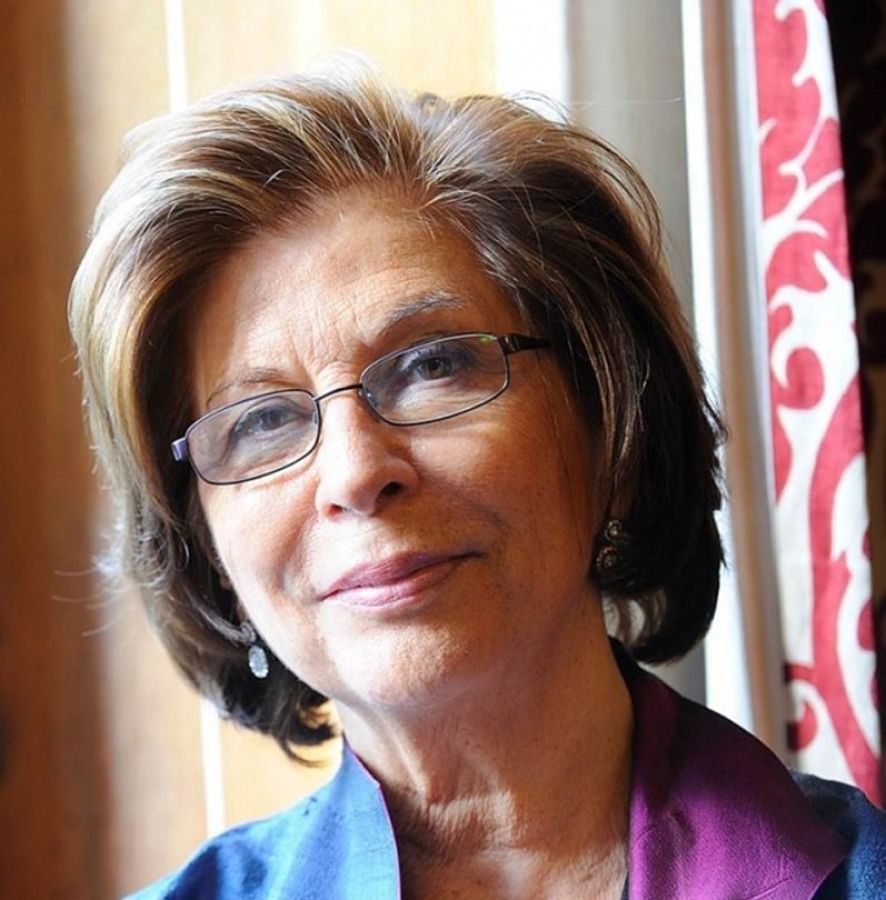On Thursday 28 October, the University of Edinburgh’s School of Social and Political Studies (SSPS) hosted its 5th Chrystal MacMillan lecture on the topic of women in politics.
The lecture was delivered by the Lord Speaker Baroness Frances D’Souza, who presides over the House of Lords. Baroness D’Souza was introduced by former Scottish Health Secretary, Susan Deacon, who is now an Assistant Principal of the university. Deacon described Baroness D’Souza as “a role model for any woman who wants to get involved in politics”.
Baroness D’Souza spoke extensively about the involvement of women in politics and specifically in the House of Lords: “The number of women in the House of Lords has grown in recent times and is now nearly 25per cent which, I must add, is better than the record of the House of Commons.
“That being said, nobody can defend that figure being below 50 per cent. More has to be done to make sure that women want to be involved in politics and make their voices heard.” Baroness D’Souza was then joined in conversation by Baroness Annabel Goldie who was leader of the Scottish Conservative party from 2005 until 2011 and elevated to the House of Lords at the end of 2013.
The discussion was chaired by the head of the SSPS, Fiona McKay. After being asked if the House of Lords was more suited to women, Baroness Goldie responded by saying that:
“There’s no reason why females should feel that they can’t compete with men and stand up to them at all levels of politics, whether that be in the two Houses of the UK Parliament or the Scottish Parliament.
“However, it is apparent that women have been put off by the bravado of some male politicians in the past.”
After the lecture Baroness D’Souza made further comments on the future of women’s representation in the House of Lords: “There was always going to be a lag between the conversation about representation really taking off and a significant rise in the number of women in the Lords.
“There’s been a dramatic increase in the number of women grasping new opportunities and making it to the top of their professions and that has lead to a big change in the number of women being appointed and will continue to have a profound effect.”
Speaking to The Student, the Chrystal MacMillan PhD scholar Megan Canning said: “It’s very important that these sorts of conversations, about women’s issues and politics and gender, take place.
“What I’m looking into in my research in Malawi is how women are affected, not just by what are considered women’s issues like abortion rights and childcare, but by policies that wouldn’t normally be considered to have a gender dependent effect.
“In reality, economic policy, welfare policy and many of the decisions made by politicians affect women in completely different ways and it’s important that those less obvious discussions around gender are present.”

